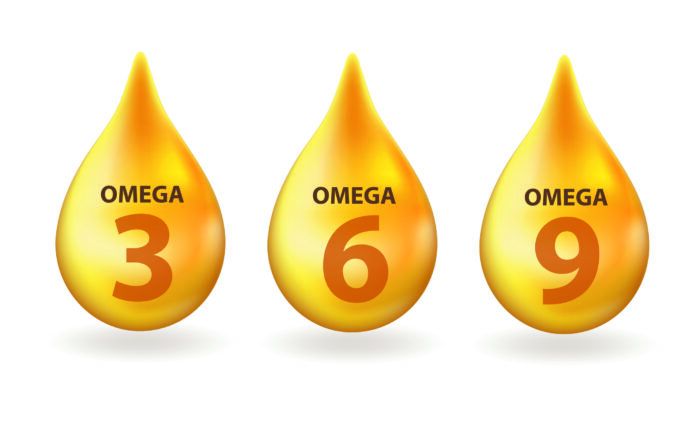A. Dariush Mozaffarian, MD, DrPH, dean of the Friedman School and editor-in-chief of Tufts Health & Nutrition Letter, answers. “It has been clear for more than a decade now that intake of omega-6 fatty acids does not cause inflammation. In fact, these essential polyunsaturated fats (PUFAs) are anti-inflammatory.
“The primary dietary omega-6 PUFA—found in nuts, seeds, and plant oils like sunflower, safflower, soybean, canola, and corn oils—is linoleic acid (LA). The body needs LA and cannot synthesize it, so this fatty acid has to be consumed in the diet. In controlled trials, LA from these foods has many beneficial effects, including lowering LDL-cholesterol and triglycerides, raising HDL-cholesterol, and lowering blood glucose, insulin, hemoglobin A1c, and insulin resistance. In both long-term observational studies and randomized trials, LA intake reduces risk of heart attacks. And, importantly, in controlled trials LA intake has no pro-inflammatory effects.
So why the confusion? After being consumed, LA can be transformed in the body to other important molecules. These include arachidonic acid (AA), which can have proinflammatory effects. This fact led to the idea that consuming more LA leads to higher levels of AA and thus more inflammation. But this theory has been shown to be false. First, production of AA from LA in the body is tightly regulated, so eating more LA does not increase the amount of AA in the body. Second, the body also converts AA to a number of anti-inflammatory molecules, so even the effects of AA itself are complicated. We and others have shown that higher blood AA levels are not linked to higher risk of inflammatory diseases like heart attacks or diabetes.
“Don’t be fooled by what you read online, which is often incomplete or simply incorrect. Omega-6 PUFAs, like omega-3 PUFAs from nuts, plant oils, and seafood, are a healthy choice. People who consumer higher levels of both have lower levels of inflammation and lower risk of heart disease.”
























